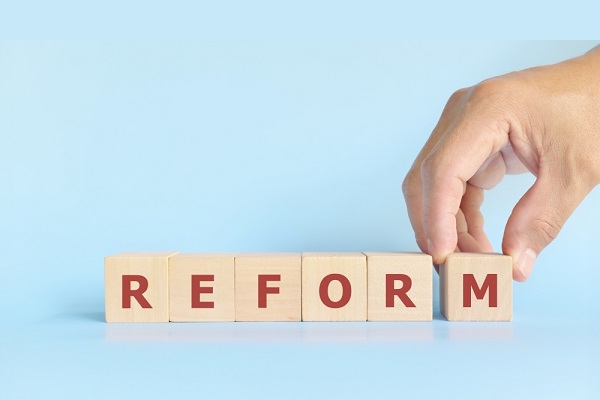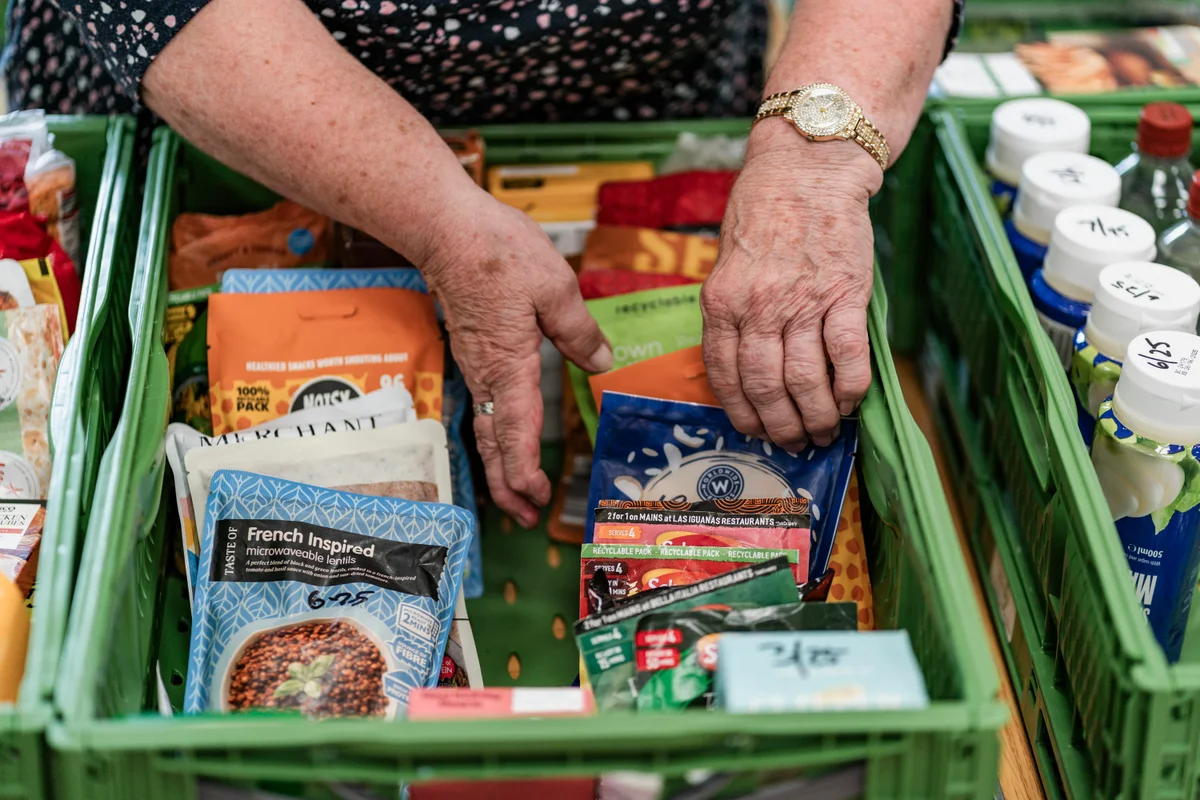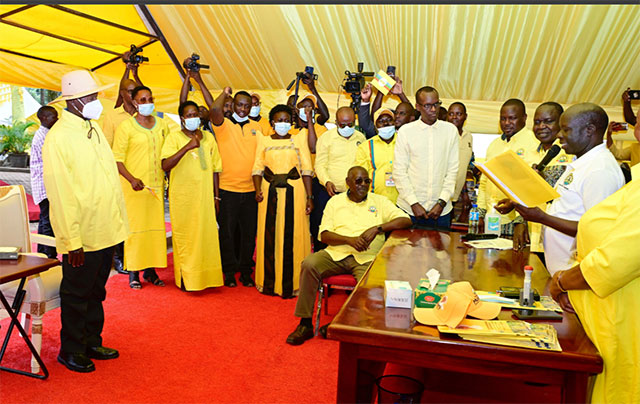By Our Reporter,The Nation
Copyright thenationonlineng

By Sheriff P. Bulus
Security and the economy are the two most significant issues affecting Nigerians in their daily lives, whether through soaring prices or fear of violence. This is especially so for low-income earners who must carefully monitor market prices, haggle over the cost of every food item and make their own arrangements for security – decisions crucial to their well-being and survival.
Things especially became tough at the inception of this administration, with the gale of reforms introduced to stabilise the economy and to improve security. The two most notable policies were the removal of the petrol subsidy and the unification of foreign exchange rates, which eliminated the vast difference between the official and black market rates.
You may add a third, the president going against recent precedent to appoint Mallam Nuhu Ribadu, a retired police officer, as the National Security Adviser, rather than following the tradition of making a retired general the NSA. With Ribadu, the government’s security approach changed significantly from the past, prioritising an intelligence-led, community-driven policing method to address security concerns. However, the security gains were not immediately visible, with some analysts wondering whether the choice of the former policeman was the right one.
On the economic front, the immediate consequence of the reforms was a high rate of inflation, which hovered around 30 percent. Prices of goods and services, especially transportation costs, skyrocketed, causing temporary hardship and complaints that the government was uncaring. The government spokespeople explained that these reforms were necessary, even essential, to forestall a total collapse of the economy.
Two years on, it appears the government is right, as things are looking up in both these crucial sectors of the economy and security, even though we are not there yet. President Bola Tinubu’s reforms are beginning to bear fruit and becoming visible for all to see.
Read Also: NASENI Unveils InnovateNaija, A 250million Naira Innovation Challenge designed to Shape the Future of Nigeria’s Infrastructure
Only recently, the Director-General of the World Trade Organisation (WTO), Dr. Ngozi Okonjo-Iweala, noted this much after a meeting with the president. “The president and his team have worked hard to stabilise the economy. The reforms have been in the right direction,’’ she stated.
Okonjo-Iweala should know. Having twice served as Nigerian Minister of Finance and Coordinating Minister of Economy – the first woman to serve two terms in that role, Okonjo-Iweala’s assessment carries weight, and these were not just flattery, but a validation of recent data, which shows that inflation has reduced to about 21.3 percent and that the economy, in the first quarter, grew by 3.13 percent. No doubt, we are not there yet, but we are making steady gains economically.
Also, Yemi Kale, Nigeria’s former Statistician General and head of the National Bureau of Statistics (NBS), explained that “macroeconomic indicators are steady, meaning that businesses, investors, and consumers can feel more confident making long-term plans.”
By that definition, Nigeria is inching closer to stability than it has in years—a fact that even critics cannot ignore. Not only are the current macroeconomic indicators stronger, but there are also more hopeful signs that steady recovery and long-term growth will occur.
For instance, data from the NBS indicate that the agricultural sector contributed 23 per cent of Nigeria’s real GDP in the first quarter of 2025, up from 21 per cent in the same period of 2024. Significantly, headline inflation, which had peaked in 2023, is easing. Food inflation rate dropped sharply to 21.9 per cent in June, an 18.90-point decline from 40.87 per cent a year earlier.
These are not just statistics. They demonstrate that the reforms are making a positive impact as the prices of food items are now stable after the initial spikes. Hopefully, we will see more gains in the coming weeks and months.
As in the economy, so it is with security. Nigeria also appears to be making a turn for the better in that critical sector. The recent arrest of two top leaders of the al-Qaeda affiliated Ansaru terrorist group, Mahmud Muhammad Usman, the self-styled “Emir of Ansaru”, and his deputy and Chief of Staff, Mahmud al-Nigeri Bara, by Nigerian security forces, is an indication that the NSA’s intelligence approach is beginning to achieve desired results.
It was more than a mere tactical victory; it provided succour for rural farmers and traders across Niger, Kebbi, and Kwara states, where the presence of these terrorists had crippled economic activities, particularly farming and livestock production, and displaced thousands.
Similarly, the renewed targeted onslaught on banditry has led to the killing of tens of bandits in the northeast and the rescue of many hostages, who were returned to their states of origin by the NSA. This demonstrates the turn of the tables against the forces of insecurity and restores Nigerians’ hope for a better life, not one dominated by fear of kidnapping and other terrors of banditry.
Now, farmers can return to cultivate their farmlands, petty traders can move around freely, and rural markets and economic activities can resume without fear of kidnapping or terror attacks. This means more produce in the market, lower prices to consumers, better livelihoods for farmers and their families, and generally, Nigerians can breathe easier.
Although it is not Uhuru, steady progress is being made in these crucial sectors, with the economy and security taking shape. Nigerians can now look to the future with more optimism, confident that the worst days are behind them.
•Bulus, a public affairs analyst, writes from Abuja.



